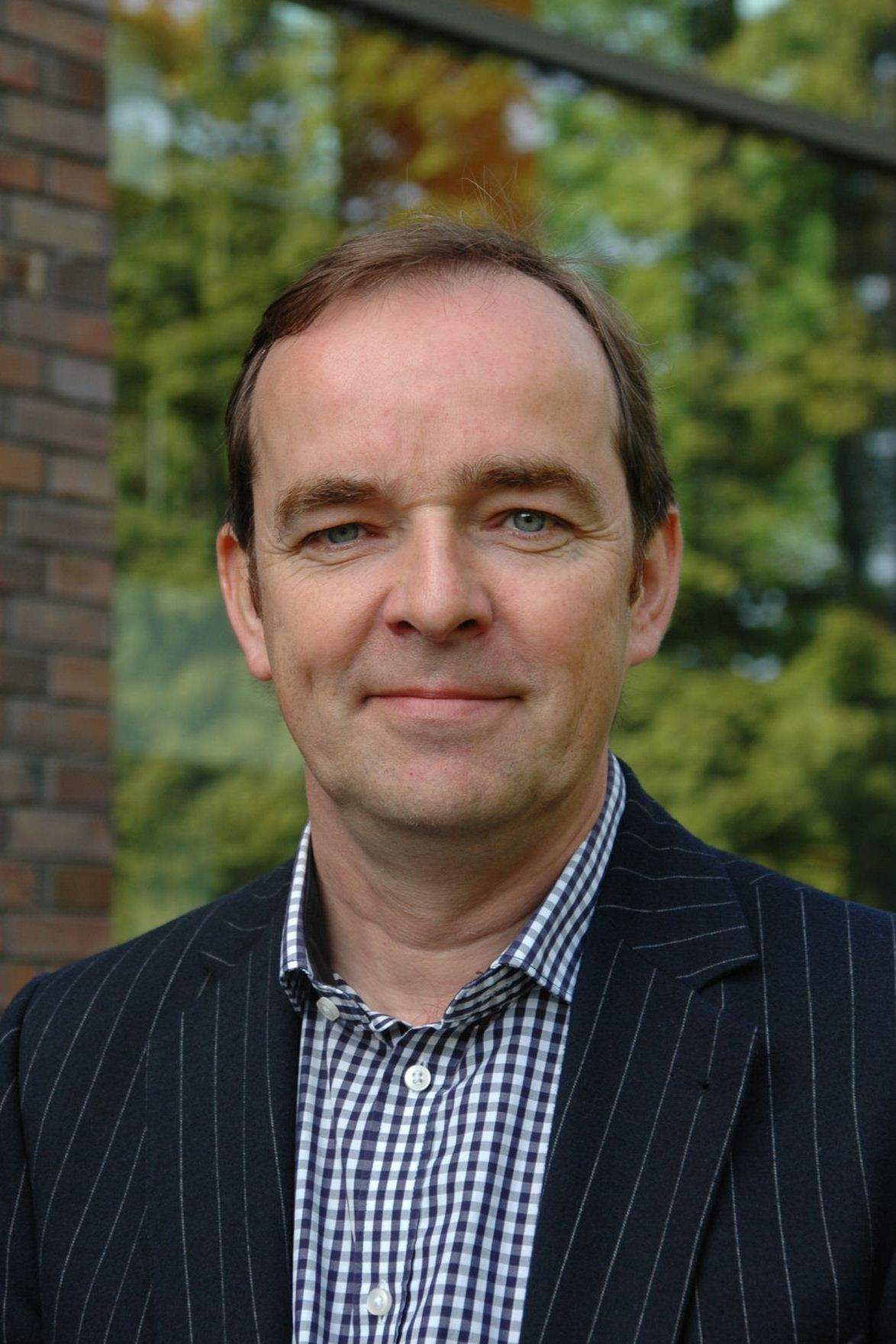Volker Stollorz – Journalist in Residence 2012

In July 2012, Volker Stollorz came as the first Journalist in Residence to HITS and spent four month at our institute.
Volker Stollorz studied Biology and Philosophy in Cologne and Amsterdam. For more than 20 years, he has been working as a freelance science journalist for daily and weekly newspapers, magazines and TV broadcasters. He was awarded several prizes for his work, for example the Georg von Holtzbrinck Prize for Science Journalism and the European Journalist Award (Europäischer Journalistenpreis des Verbands deutscher Medizinjournalisten (VDMJ)). He was member of the board of the German Journalists Association “Wissenschaftspressekonferenz” (WPK) for several years and founded a magazine for science journalists, “WPK Quarterly”.
During his stay at HITS, Volker Stollorz worked together with the researchers of the Scientific Databases and Visualization (SDBV)-group in developing the “OperationsExplorer”. The OperationsExplorer is a virtual map, visualizing the prevalence of diagnoses in Germany and was designed to help journalists analyze medical data and statistics.
He also gave a public talk at HITS on how journalists observe science and why they sometimes misinterpret facts. According to him, journalism will not last if it is only used as sheer means of translation of science.
About his stay at HITS he says:
“The chance to spend a considerable amount of time with those smart “HITSters“ will stay in my mind for long and it will influence my work as a science journalist. This program creates opportunities to intensify the important dialogue between science, science journalism, and the public. “
About HITS
HITS, the Heidelberg Institute for Theoretical Studies, was established in 2010 by physicist and SAP co-founder Klaus Tschira (1940-2015) and the Klaus Tschira Foundation as a private, non-profit research institute. HITS conducts basic research in the natural, mathematical, and computer sciences. Major research directions include complex simulations across scales, making sense of data, and enabling science via computational research. Application areas range from molecular biology to astrophysics. An essential characteristic of the Institute is interdisciplinarity, implemented in numerous cross-group and cross-disciplinary projects. The base funding of HITS is provided by the Klaus Tschira Foundation.